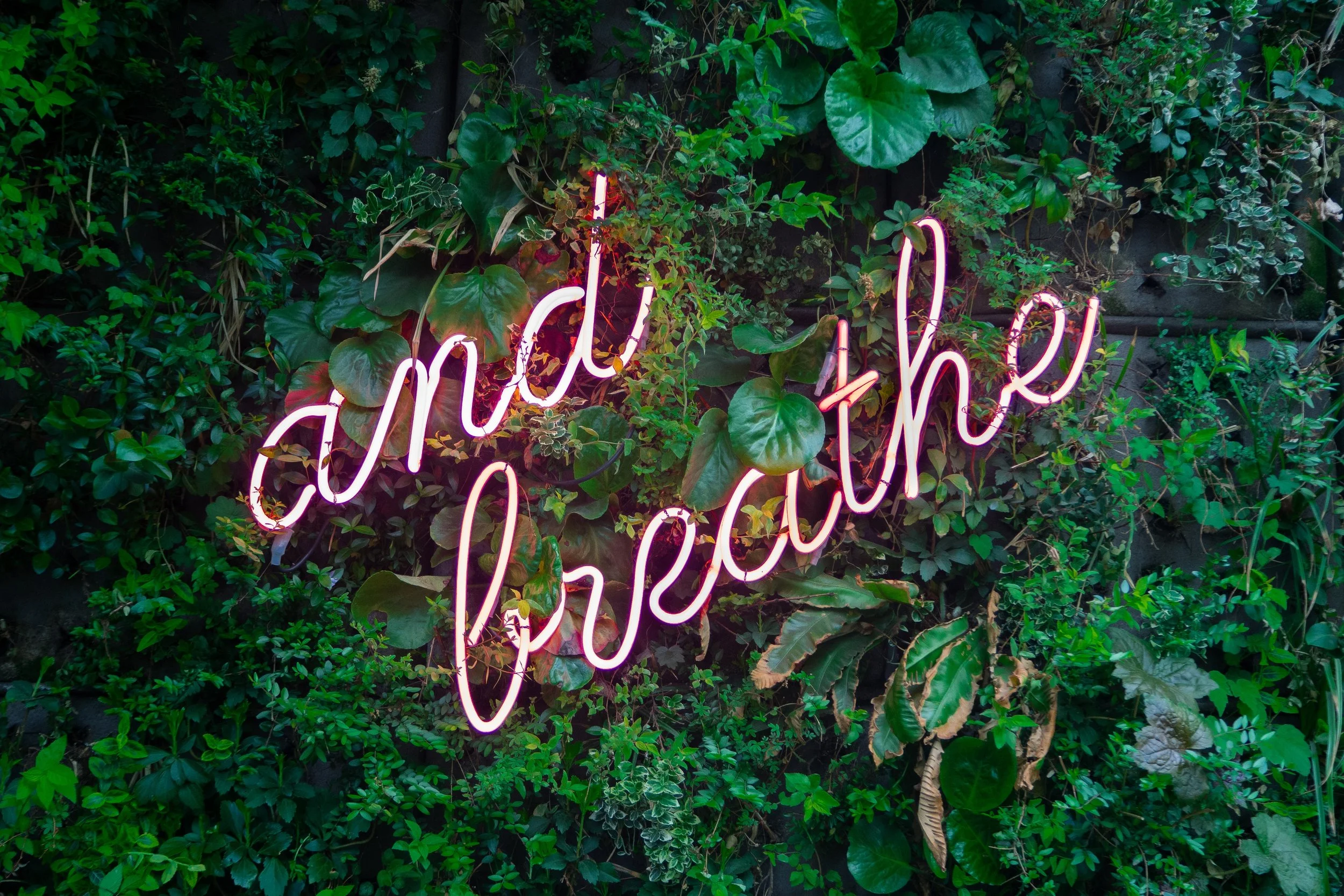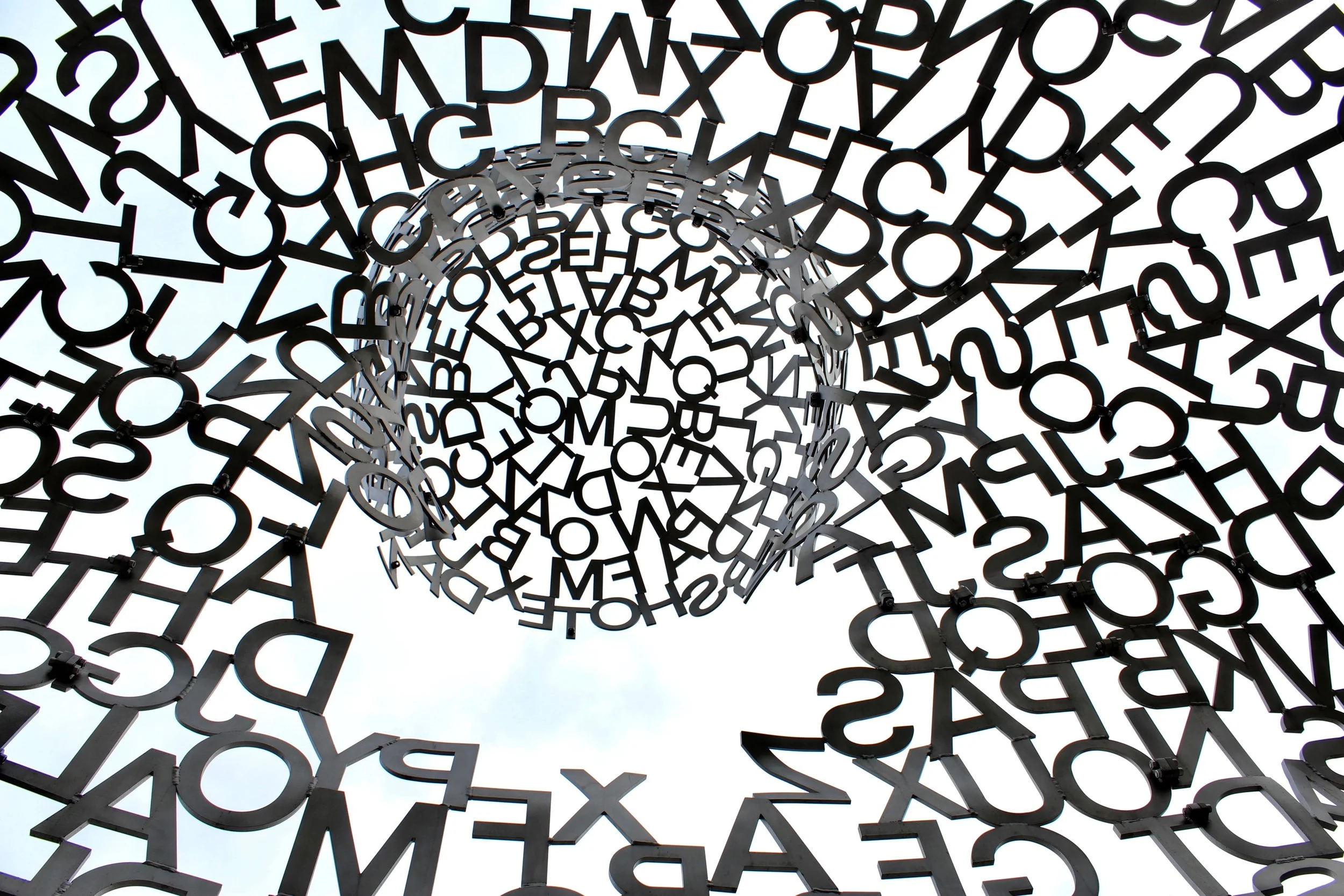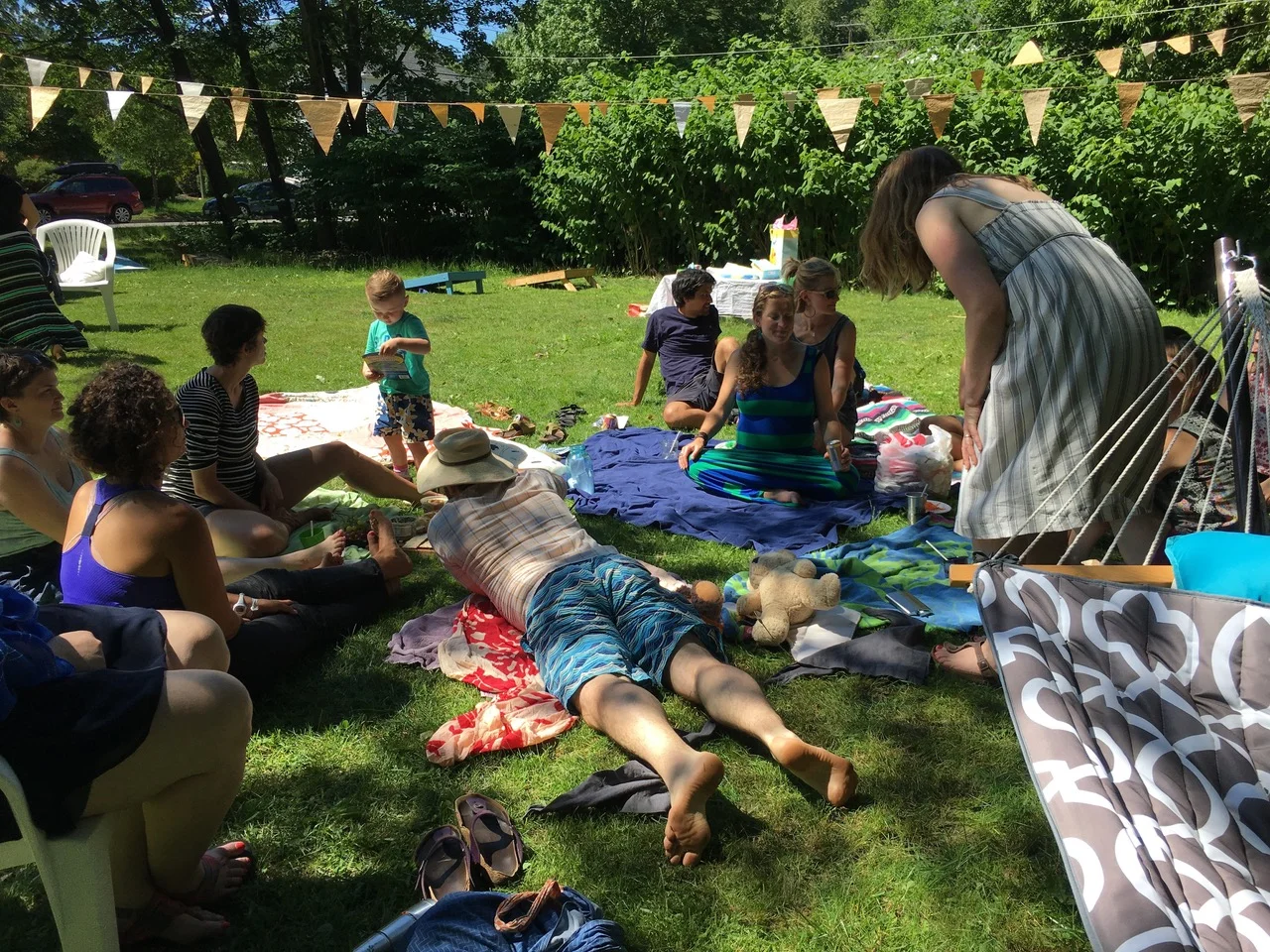Last night, Wise Minds launched "Mindfulness and Social Emotional Learning for K-12" with partner and friend Julie Campilio of Radiant Beginnings. In this class, we have educators who work with kindergarteners and high schoolers, students who are neurotypical and students on the autism spectrum, students in AP classes and students in an alternative education program. How do we accommodate such a wide range of professionals?
The principles of mindfulness stay the same.
Being mindful is paying attention to the present moment with compassion, whether you are one or ninety-nine. Those exact words may change to reflect the developmental capacity of the students with whom these educators work, but it is fundamentally the same principle. The practices are so simple— bring awareness to anchors like sound, breath, and body, and train the mind towards kindness— that truly anyone can do them. We ask all of our educators to become personally familiar with mindfulness themselves so that they can model it and teach it from an embodied understanding.
Educators make it their own.
Each educator will learn mindfulness in their own bodies and translate that learning to their students. Mindfulness is such a personal practice that it must be understood in this way first. Then, they can use that understanding and apply it to their student population. Each educator is an expert not just on their specific demographic, but on each individual student who they serve. How they will offer mindfulness to their specific students will depend on their personal connection to mindfulness and to their students.
Knowing their students will enable them to deliver these core principles effectively. One educator spoke of translating her definition of mindfulness into pictures for her nonverbal students, while others may want to speak to the full complexity and explore many different ways of understanding. Some students will immediately be able to sit in silence for long periods of time, while others will need movement and play as an entry point. Some will need hooks around great sports figures who use mindfulness to achieve peak performance, and others will want to know about the neuroscience that justifies these activities.
Adaptations
With all that said, there are some helpful modifications that can be used for younger and older crowds. Here are some ideas about how to teach mindfulness across the grades, adapted from Daniel Rechtschaffen's The Mindful Education Workbook
Grades K-2:
keep it short! even just listening to the sound of the bell for 10 seconds is increasing familiarity with this kind awareness
make it fun! teach through games, stories, and puppetry
incorporate movement
use visuals and props
read books to help with some of the conceptual understanding! there are some great books about mindfulness out there now. Check out Ms Mahoney's Mindfulness Book Picks for ideas
leave time to share, both what they experienced when they practiced and how they are using their mindfulness at home. You will come away with some great stories.
Grades 3-5:
again, keep it short, and build up to longer practices (5-10 minutes, even) as students show attentional capacity
teach through games, stories, experiential lessons: continue with the play!
offer examples about why we practice mindfulness and how it can benefit us
compassion for self and others becomes especially important as kiddos start experiencing social insecurity
Grades 6-8:
emphasize the hook: the "why" because especially important at this age. Know your audience and collect articles and short videos around sports teams that practice mindfulness, musicians, corporations, neuroscience, metaphors to hook students' interest
use your life as an example: share how practicing mindfulness has helped you
start inviting students to notice difficult thoughts and let them go
journals can be a nice way to process that isn't as public and socially risky
a safe classroom becomes especially important as students become more socially aware and uncomfortable doing anything out of the norm
Grade 9-12:
again, speaking from personal experience is particularly meaningful at this age
explain the why and use hooks that you know will be meaningful for your students
discussions are so rich with this age group. Ask them about their own life experiences and connect to their lives
journals can be a useful way of processing experiences
start small and build up to longer practices. 10-20 minutes is not unreasonable for this group after they've had some practice
a safe classroom becomes especially important as students become more socially aware and uncomfortable doing anything out of the norm
Have any specific suggestions or adaptations that you like? Please share them with us!












